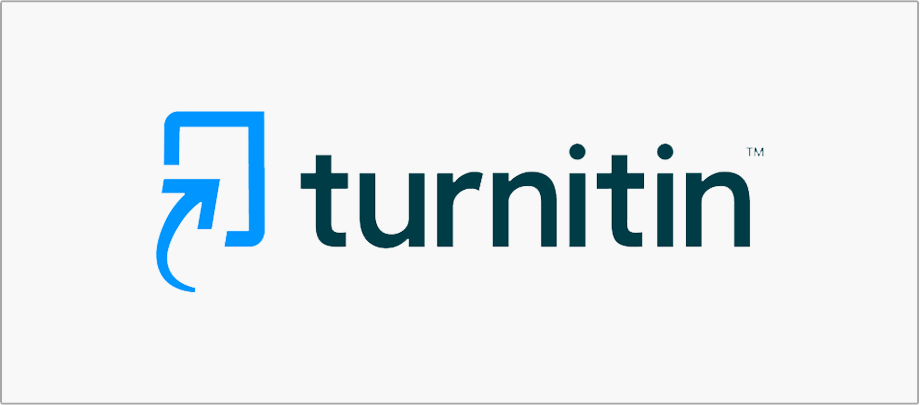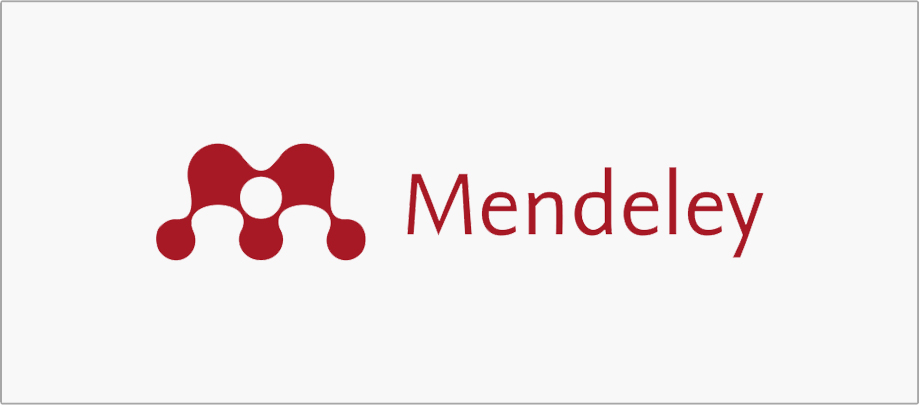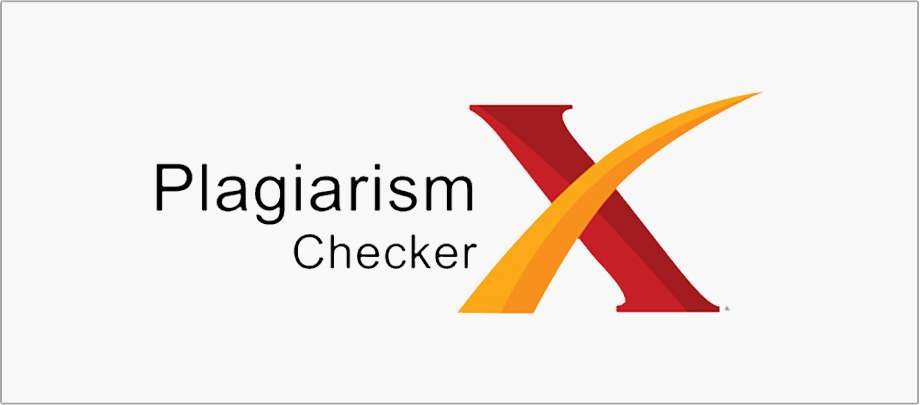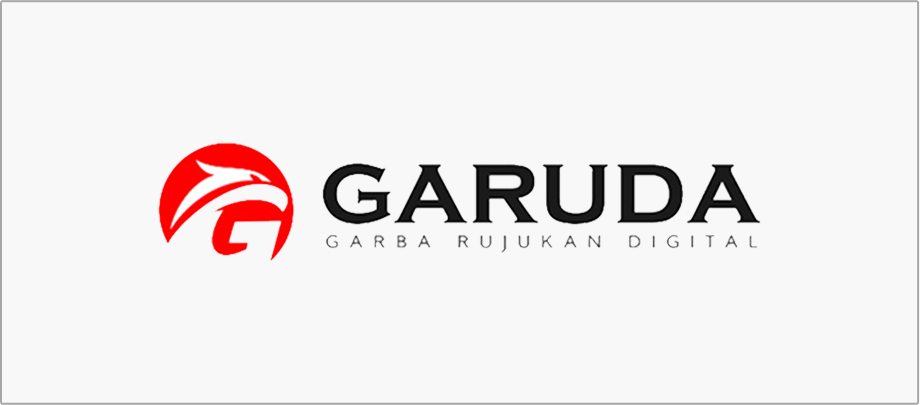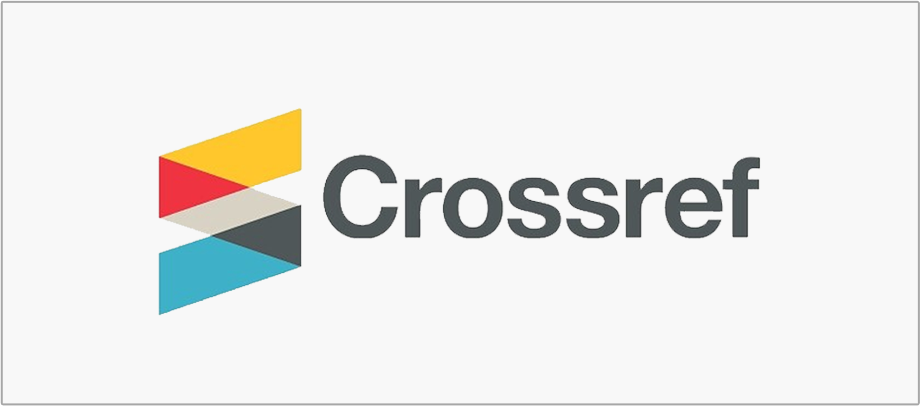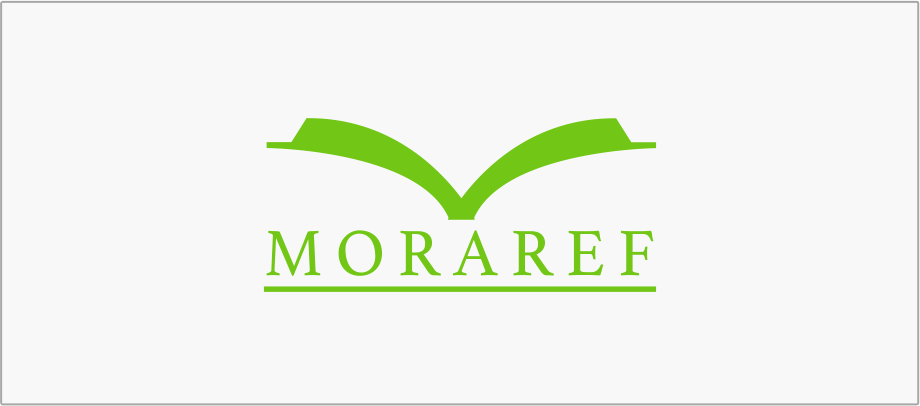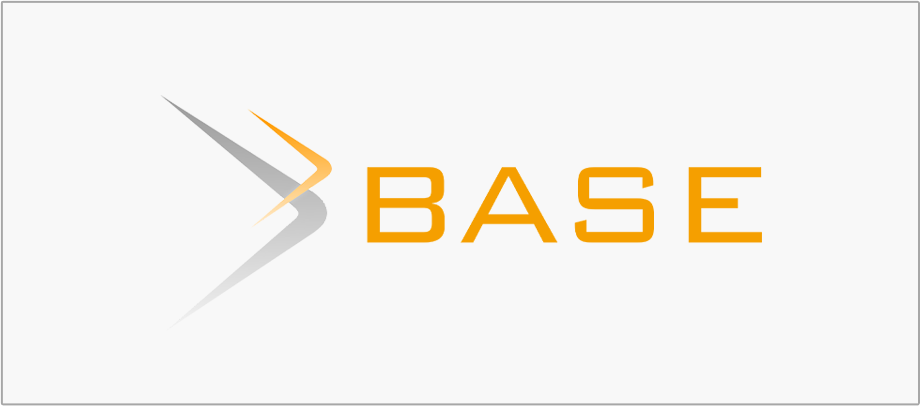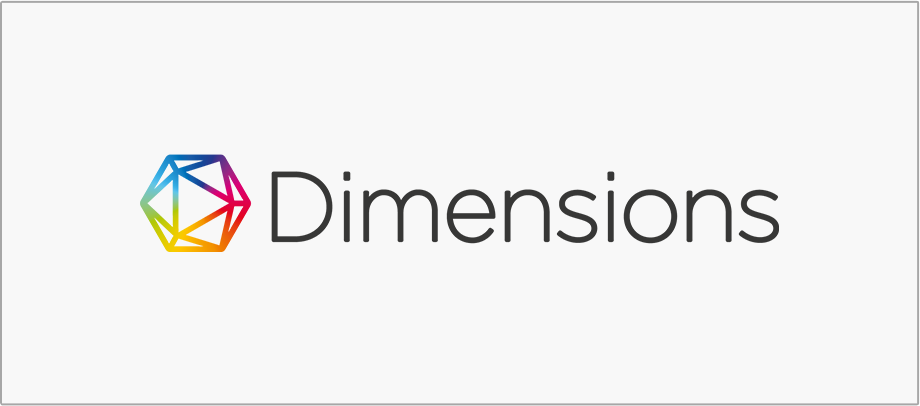Focus and Scope
Focus
JIHBIZ focuses on research in Islamic Financial Institutions specifically and Islamic Finance in a more general field of interest.
Scope
JIHBIZ welcomes research papers covering the field of Islamic Financial Institutions and Islamic Finance, including but not limited to the following topics:
- Islamic Financial Institutions: Islamic Banks and non-Banks related topics, including Islamic Insurance/Takaful
- Islamic Finance and Islamic Institutional Management, including Islamic Accounting, Islamic Capital Market, Islamic Work Ethics, Islamic Corporate Social Responsibility, Islamic Financial Management, Islamic Business Management, Islamic Marketing Management, Islamic Consumer Behaviour, Product Innovation and Development Strategies.
Section Policies
Articles
Peer Review Process
JIHBIZ uses a double-blind review policy, in which both the author(s)' and the reviewer(s)' identities are kept hidden until the manuscript is accepted for further editing and publication.
Each submitted manuscript is evaluated on the following basis:
- The originality of its contribution to the field of scholarly publishing;
- the soundness of its theory and methodology given the topic;
- the coherence of its analysis;
- its ability to communicate to readers (grammar and style)
Open Access Policy
This journal provides immediate open access to its content on the principle that making research freely available to the public supports a greater global exchange of knowledge.
Publication Ethics
JIHBIZ is a peer-reviewed journal, available freely online and published consecutively twice a year in January and July. This statement clarifies the ethical behavior of all parties involved in the act of publishing an article in this journal, including the authors, the Chief Editor, the Editorial Board, the peer-reviewers, and the publisher. This statement is based on COPE’s Best Practice Guidelines for Journal Editors.
Ethical Guideline for Journal Publication
The publication of an article in our journal is essential in developing a coherent and respected network of knowledge. It directly reflects the quality of the authors' work and the institutions that support them. Peer-reviewed articles support and embody the scientific method. It is therefore essential to agree upon standards of expected ethical behavior for all parties involved in publishing: the author, the journal editor, the peer reviewer, the publisher, and the society.
Publication decisions
The editor of JIHBIZ is responsible for deciding which of the articles submitted to the journal should be published. The validation of the work in question and its importance to researchers and readers must always drive such decisions. The editors may be guided by the policies of the journal's editorial board and constrained by such legal requirements as shall then be in force regarding libel, copyright infringement, and plagiarism. The editors may confer with other editors or reviewers in making this decision.
Fair play
An editor evaluates manuscripts for their intellectual content without regard to the author's race, gender, sexual orientation, religious belief, ethnic origin, citizenship, or political philosophy.
Confidentiality
The editor and any editorial staff must not disclose information about a submitted manuscript to anyone other than the corresponding author, reviewers, potential reviewers, other editorial advisers, and the publisher, as appropriate.
Disclosure and conflicts of interest
Unpublished materials disclosed in a submitted manuscript must not be used in an editor's own research without the author's express written consent.
DUTIES OF REVIEWERS
Contribution to Editorial Decisions
Peer review assists the editor in making editorial decisions, and the editorial communications with the author may also assist the author in improving the paper.
Promptness
Any selected referee who feels unqualified to review the research reported in a manuscript or knows its prompt review will be impossible should notify the editor and excuse himself from the review process.
Confidentiality
Any manuscripts received for review must be treated as confidential documents. They must not be shown to or discussed with others except as authorized by the editor.
Standards of Objectivity
Reviews should be conducted objectively. Personal criticism of the author is inappropriate. Referees should express their views clearly with supporting arguments.
Acknowledgment of Sources
Reviewers should identify relevant published work that the authors have not cited. Any statement that an observation, derivation, or argument had been reported should be accompanied by the relevant citation. A reviewer should also call to the editor's attention any substantial similarity or overlap between the manuscript under consideration and any other published paper they have personal knowledge of.
Disclosure and Conflict of Interest
Privileged information or ideas obtained through peer review must be confidential and not used for personal advantage. Reviewers should not consider manuscripts with conflicts of interest resulting from competitive, collaborative, or other relationships or connections with any of the authors, companies, or institutions connected to the papers.
DUTIES OF AUTHORS
Reporting standards
Authors of reports of original research should present an accurate account of the work performed and an objective discussion of its significance. Underlying data should be represented accurately in the paper. A paper should contain sufficient detail and references to permit others to replicate the work. Fraudulent or knowingly inaccurate statements are unacceptable and constitute unethical behavior.
Originality and Plagiarism
The authors should ensure that they have written entirely original works. If the authors have used the work and/or words of others, it must be appropriately cited or quoted.
Multiple, Redundant, or Concurrent Publication
An author should not generally publish manuscripts describing the same research in more than one journal or primary publication. Submitting the same manuscript to more than one journal concurrently constitutes unethical behavior and is unacceptable.
Acknowledgment of Sources
Proper acknowledgment of the work of others must always be given. Authors should cite publications that have influenced the nature of the reported work.
Authorship of the Paper
Authorship should be limited to those who have contributed significantly to the conception, design, execution, or interpretation of the reported study. All those who have made significant contributions should be listed as co-authors. Where others have participated in certain substantive aspects of the research project, they should be acknowledged or listed as contributors. The corresponding author should ensure that all appropriate co-authors and no inappropriate co-authors are included in the paper and that all co-authors have seen and approved the final version of the paper and have agreed to its submission for publication.
Disclosure and Conflicts of Interest
All authors should disclose in their manuscript any financial or other substantive conflicts of interest that might be construed to influence the results or interpretation of their manuscript. All sources of financial support for the project should be disclosed.
Fundamental errors in published works
When an author discovers a significant error or inaccuracy in his/her published work, the author must promptly notify the journal editor or publisher and cooperate with the editor to retract or correct the paper.






